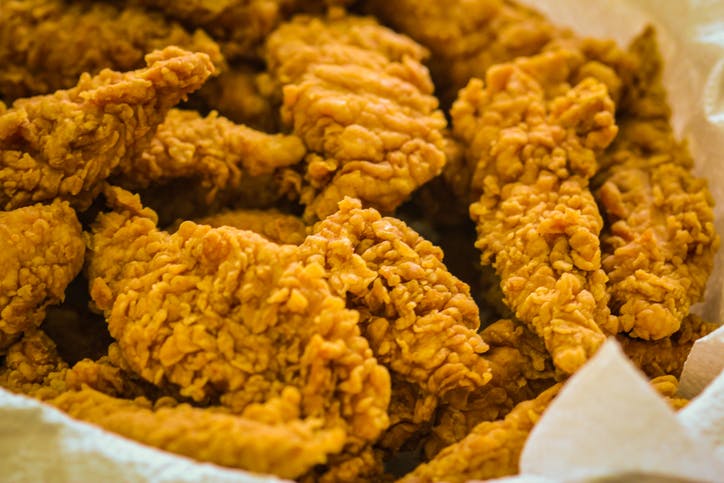Have chicken strips become the fast-food panic button of 2025?
McDonald’s, Taco Bell, and now Wendy’s have all added variations on the theme this year.
Strips and tenders, like sandwiches and wraps before them, seem to be the latest battleground on which the never-ending fast-food chicken wars are being fought. Or, maybe, they are just a new lever to pull when chains have run out of other ideas.
In April, McDonald’s announced its first new permanent addition to American menus in four years, releasing the McCrispy Strips — a move that some correctly saw as a signal of the subsequent return of its popular Snack Wrap. Just two months later, it was Yum! Brands’ Taco Bell getting in on the crispy chicken craze, with the cheap, Mexican-inspired chain rolling out new strip-loaded tacos and burritos as part of its summer menu.
Tender is the plight
Not to miss the party (though happy to arrive a little later), Wendy’s yesterday announced its new “Tendys,” along with six accompanying sauces for dipping. Clearly, the chain is hoping that hopping onto the strips and tenders trend will help it claw back some of the ground it’s lost to McDonald’s and Taco Bell in recent quarters.
In its second quarter, Wendy’s saw global same-restaurant sales fall 2.9%, with things looking particularly bleak in the US, where it had slumped 3.2% in the first six months of the year. Taco Bell, meanwhile, has continued to look like one of the few consistently growing players in the fast-food industry, while McDonald’s had a Q2 bump itself, with the company’s CFO highlighting its new McCrispy Strips as a key driver at the time.
Whether Wendy’s decision to hit the strip-shaped panic button is enough to turn its 2025 around, or whether it’s too (chicken) little, too late, only time will tell.
